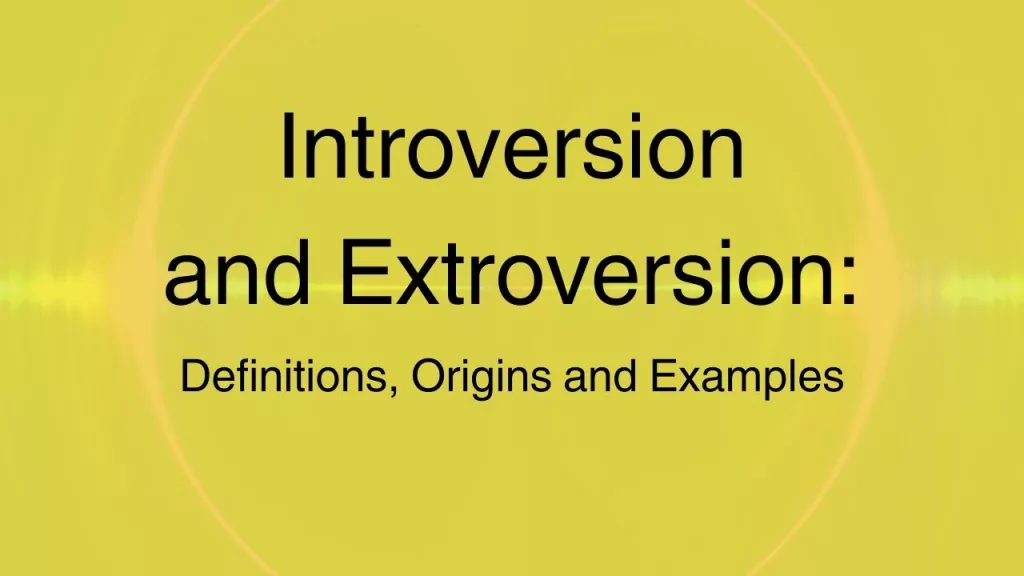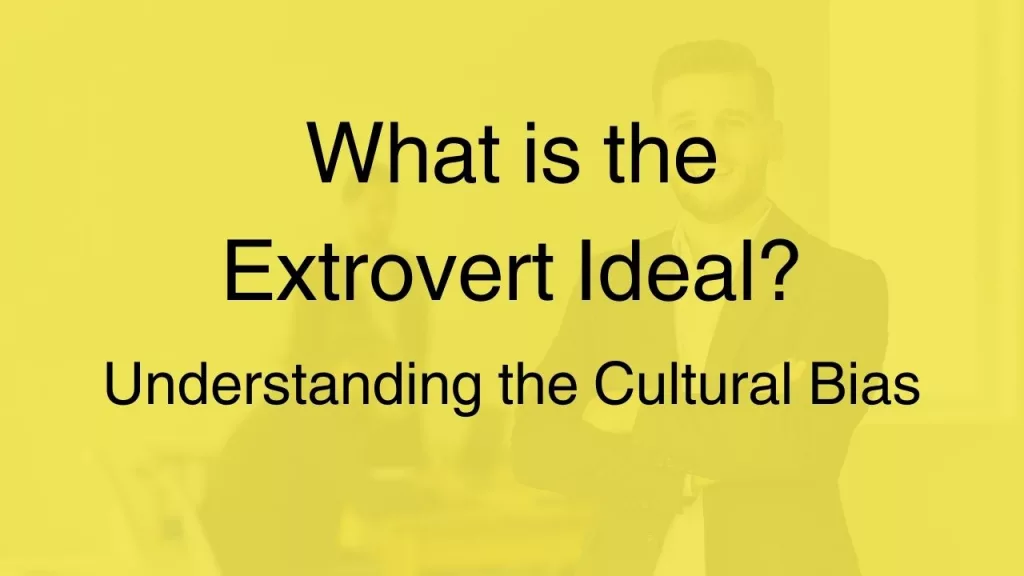Have you ever come home from a social event feeling completely drained, even if you enjoyed yourself? If so, you might be an introvert.
Social interactions – especially those that last for an extended period – can be exhausting for introverts. This doesn’t mean that introverts dislike being around people, nor does it mean they should avoid social settings altogether. Their energy simply drains faster during these activities because of how they process and react to the stimuli around them.
Understanding why you feel drained after socialising can make a big difference in helping you navigate social situations with more ease and better manage your energy levels.
What Is an Introvert?
An introvert is someone who recharges by spending time alone, in calm, low-stimulation environments. They tend to focus inwardly on their thoughts and emotions, often reflecting deeply before acting or speaking.
Introverts typically:
- Prefer alone time to large social gatherings.
- Enjoy smaller groups over big crowds.
- Are more reserved in social settings.
- Think carefully before speaking and take time making decisions.
It is important to note that introversion is not a lack of extroversion, they just have a different way of interacting with the world. While introverts may sometimes be labelled as shy or antisocial, this is not always the case.
Why Do Introverts Feel Tired After Social Interaction?
Social events are often filled with external stimuli, including conversations, noise, and activity, that can be overwhelming for introverts. Unlike extroverts, who feel energised in these environments, introverts often experience energy depletion from all the sensory input. This overstimulation can make it hard for them to stay comfortable, leading to feelings of exhaustion.
Another factor is the mental energy required to navigate social interactions. For introverts, processing social cues and keeping up with conversations can be mentally taxing. As their mental energy runs out, they will likely feel the urge to retreat and recharge.
Additionally, socialising can trigger a physical stress response in introverts, raising cortisol levels, which is the body’s stress hormone. This response makes them more susceptible to fatigue, as their bodies work harder to manage stress. The combination of mental strain and increased cortisol can leave introverts feeling tired more quickly.
What Are the Signs of Social Exhaustion?
Some common signs of social exhaustion include:
- Physical tiredness
- Irritability
- Difficulty concentrating
- Strong need for solitude after the event
Introverts may also experience emotional fatigue, often referred to as burnout, after extended periods of socialising. When this happens, they need to spend time alone or in a peaceful, familiar setting to recharge.
How Can You Slow Down Your Draining Energy Levels?
While you can’t completely stop your energy from draining, there are ways to manage it.
Some top tips include:
- Set boundaries: Don’t feel pressured to attend every event or engage in social activities you don’t enjoy. Prioritise your well-being by protecting your energy, rather than trying to please others.
- Take breaks: During social events, make sure to step away when needed. Whether you go outside or take a bathroom break, frequent small pauses can help preserve your energy and allow you to reset.
- Engage in smaller conversations: Focus on one-on-one or small group discussions. These are often less overwhelming for introverts, with fewer distractions and less social pressure than larger gatherings.
- Plan recovery time: After social events, schedule time to recharge. This could mean spending time alone or with a close friend in a quiet setting. Planning post-event self-care ensures you’re recharged and ready for the next social occasion.
While these tips may not be foolproof, they can go a long way in helping you manage your energy in social settings.
Final Thoughts
It’s perfectly normal to feel tired after social events, especially if you’re an introvert. Understanding why you feel drained can help you to protect your energy levels and maintain your health and wellbeing.
Try applying some of the above tips at your next social event. And remember, there’s nothing wrong with feeling tired after socialising, many people feel the same. Be kind to yourself, and don’t let doubt or pressure drain you even further.
As always, I’d love to hear your thoughts and feedback in the comments!



